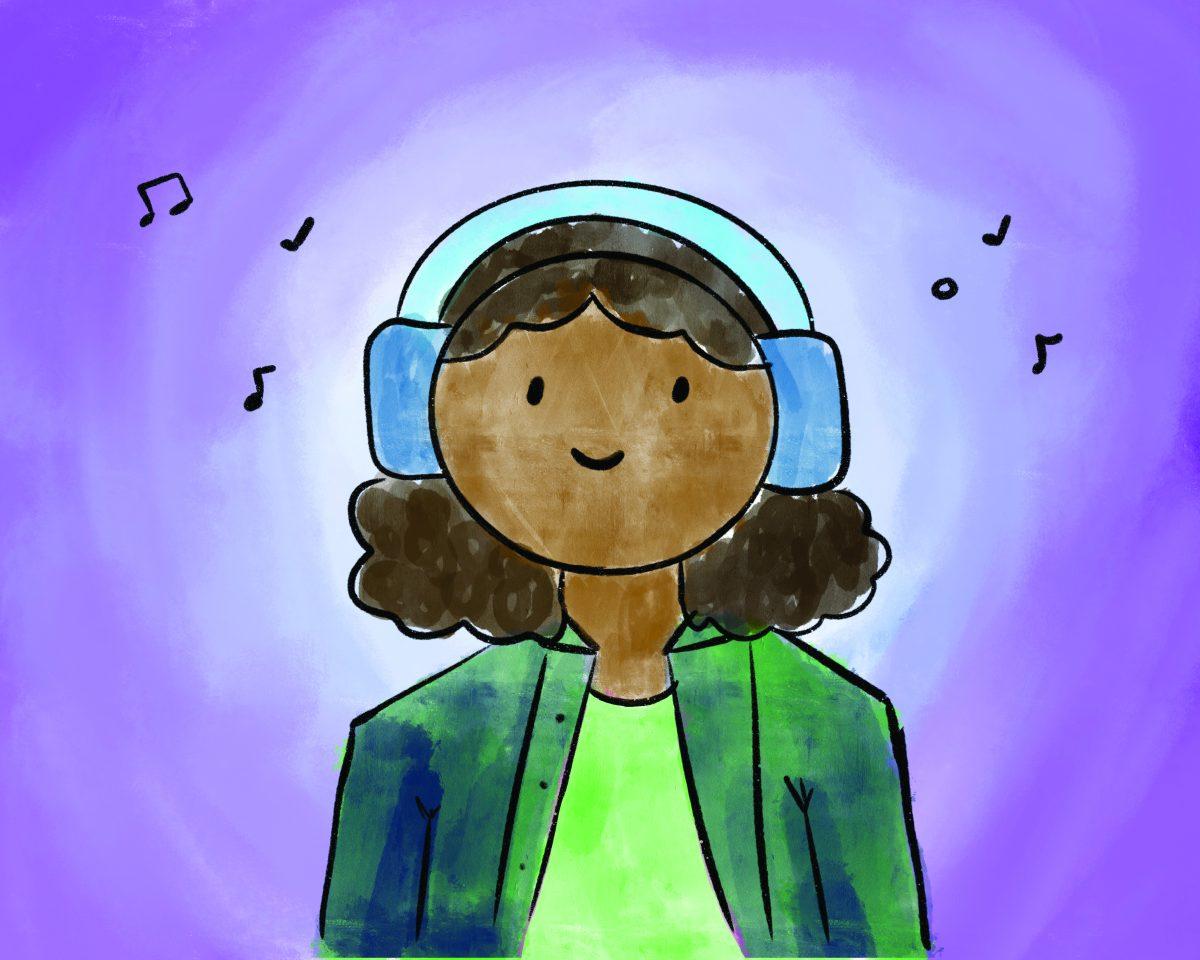Talley Student Union is bright, open, loud and stuffed with students. Many don’t give these overstimulating environments a second thought, but for the 1,111 students with neurodiversity-related accommodations with the Disability Resource Office, navigating spaces like Talley — and NC State as a whole — is different from the average student experience.
“Neurodivergent” is a broad umbrella term for individuals who think unconventionally to “normal” standards, according to Sidney Fletcher, program manager for the OnePack Empowered program, an assistance program designed for neurodivergent students. Neurodivergent students may experience challenges with sensory overload, time management, organization and executive function.
Fletcher said traits of neurodiversity, such as difficulty with time management and executive functioning challenges, are often combined with diagnoses of autism, ADHD or anxiety.
“A lot of students that have identified as being on the autism spectrum … [struggle with] short term memory, not be able to maintain things that they’ve learned in class or setting tasks for themselves and not be able to follow that structure,” Fletcher said.
Kayla Stewart, a first-year studying psychology and sociology and member of the Autistic and Neurodivergent Student Alliance, has diagnosed depression, anxiety and OCD and identifies as neurodivergent. She said a struggle for neurodivergent students is finding others to connect with on campus.
“Depending on how you interact with people, it becomes difficult,” Stewart said. “With me not knowing social cues well, I sometimes make questionable jokes because some people like that dark humor, some people don’t, and I can’t read a room well, versus like people with depression, they end up stuck in their room and they don’t meet people. Other people with OCD, [are] also stuck in their room because they’re scared to go outside.”
Fletcher said neurodiversity-related challenges can cause students to struggle with social connection and community building on campus.
“A lot of students that identify as neurodivergent … they’ve often shared feelings of isolation or not feeling as if they belong, that [it] is hard to connect with others because they may be perceived as different or strange because of how they naturally are,” Fletcher said.
Stewart said neurodivergent students should communicate with instructors directly to devise unique accommodations according to class and professor. However, when professors have varying levels of understanding of neurodiversity, it adds an extra layer of complexity in asking for help.
“I’ve been fortunate enough to have some really great professors that are like, ‘Okay, we understand,’” Stewart said. “I can go up to a professor and be like, ‘Yeah, I have OCD. I have anxiety, sometimes I’ll need to leave the class.’ I’ve also had other professors just be very kind of a stick in the mud. I’ve noticed it’s very much like a generation thing. I have more issues with the older professors than I do with the younger ones.”
Fortunately, NC State has an abundance of programs designed to assist neurodivergent students.
Megan Foxworth, the assistant director of the Disability Resources Office, said the DRO can create accommodations with professors on behalf of students with a diagnosed disorder, such as extra testing time or quiet testing spaces.
NC State also launched the OnePack Empowered program this past January. The program was started with a donation from NC State’s head football coach Dave Doeren. Unlike accommodations with the DRO, the OnePack Empowered program does not require a specific diagnosis.
Fletcher meets with students one-on-one each week to provide coaching in time management, initiating tasks, procrastination and even motivation and confidence. He said he approaches mentoring from a strength-based, goal-oriented model.
“Students may feel that … due to how they identify that they might not immediately have the tools to effectively communicate with a peer,” Fletcher said. “Oftentimes [they] fortunately tend to prove themselves wrong … because it’s not necessarily the individual that is the source of the issue, but more or less their environment that needs to be better adjusted to accommodate for someone that has a difference in thinking or a difference in approach to life.”
Another way neurotypical students and faculty can create more inclusive spaces is by using inclusive language that refrains from glamorizing mental illness, Stewart said.
“It’s still something I think about, but being willing to listen and not accidentally alienating people with comments … some of the jokes can be rather harmful,” Stewart said. “And one thing that I’ve very much noticed that very much bothers me, is when people like their things neat and organized … and they’re like, ‘Oh my gosh, I’m so OCD.’”
When many environments are not designed with neurodivergent traits in mind, encouraging empathy and understanding can help create an inclusive environment for neurodivergent students.
“We’re all just people too,” Stewart said. “In reality, we’re all just here trying to make friends, just like everyone else … We might be a little socially awkward, but so [are] most neurotypicals, in some scenario or another. Everyone has their quirks. And our neurodivergence is just a part of ours.”








